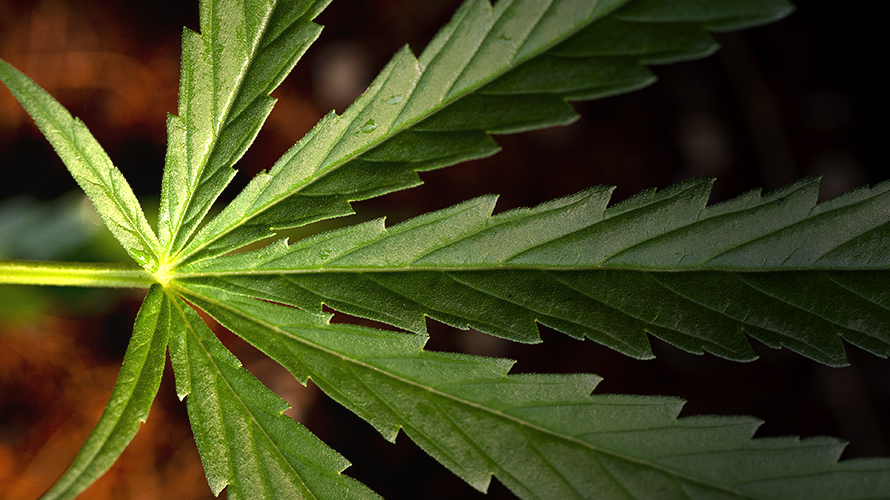Voters in Oregon, one of the first to legalise cannabis in the United States, took drug policy liberalisation a step further with decriminalisation of possession of small amounts of drugs such as cocaine, heroin, methamphetamine and oxycodone, according to The Guardian.
The Oregon Democratic Party supported the proposal.
Selling and manufacturing drugs remain illegal.
Instead of jail time, the possession of small amounts of drugs is now just a civil violation with the penalty of $100 fine avoidable by agreeing to sign up for addiction treatment.
This is a big turnaround from the long-proclaimed federal anti-drug policy.
The measure funds harm-reduction efforts and other services by reallocating tens of millions of dollars generated by Oregon’s cannabis tax and expected savings in the criminal justice system due to fewer drug arrests, prosecutions and incarcerations.
“It takes a lot of courage to try something new, and I’m really proud of our state. I’m excited to be a model for other places to show that we don’t have to harm people for being sick,” said Haven Wheelock, a harm reduction specialist and one of the petitioners who filed the measure.
In addition, voters also agreed to legalise the use of psilocybin, which is contained in magic mushrooms, for psychotherapeutic purposes.
“It’s time to stop criminalising people who use drugs, not only is it inhumane & counterproductive, but criminalisation does nothing to help those with addiction and wastes millions of dollars,” tweeted Drug Policy Alliance, which backs the initiative.
Additionally, marijuana has been legalised in five states, namely Arizona, Montana, New Jersey (for recreational purposes), Mississippi (for medical purposes) and South Dakota (both).
Ten years ago, recreational marijuana was illegal in all 50 states.
The first breakthrough came in 2012 when Colorado legalised cannabis for recreational purposes.
In the last presidential election, voters in California, Massachusetts and Nevada voted to legalise cannabis for recreational purposes. Florida, North Dakota and Arkansas then agreed to its use for medical purposes.
According to statistics, revenues from legal cannabis in Colorado reached a record $ 1.75 billion last year, from which almost $ 302.46 million was collected from taxes and fees.
Image: Getty Images




